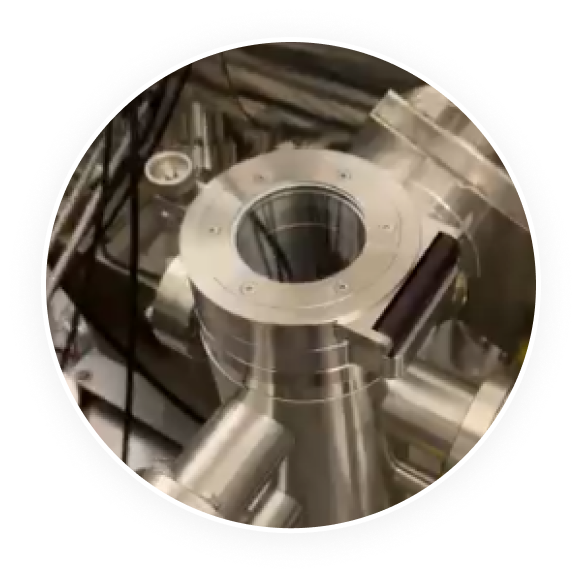Cluster 4
Quantum Information Science and Engineering (QISE)
Instructors:
Jairo Velasco Jr., PhD
UCSC Department of Physics
Sergey Syzranov, PhD
UCSC Department of Physics
Prerequisites: Physics, Pre-Calculus
Preferred: Calculus
Summary: We are currently in the midst of the second quantum revolution, a major paradigm shift that aims to fundamentally change the methods of encoding and processing information. This exciting and emerging effort, which occurs at the intersection of physics, chemistry, engineering, and materials science constitutes the field of Quantum Information Science and Engineering (QISE). This effort may lead to the creation of quantum computation devices, which will be exponentially faster than currently existing computers, and means of quantum communication that will be completely protected from hacking and eavesdropping. The methods of QISE are also broadly used for describing a broad variety of devices that display quantum properties, including but not limited to superconductive electric circuits, single-electron transistors and microscale-size crystals. In this COMOS cluster we will introduce the basic properties of QISE and demonstrate emergent applications from this field of research through lectures, invited talks from experts, field trips, and in-class activities.
All students in this cluster will be enrolled in the following courses:

Fundamentals of QISE Hardware
The focus of this course is to introduce the fundamentals related to the leading hardware platforms that are currently being used for QISE research. Understanding these platforms requires delving into the worlds of nanoscience and quantum mechanics. Lectures will thus focus on developing a background in these topics and with introducing the fabrication methods and information handling schemes for each of the leading QISE hardware platforms. By completing this course students will therefore acquire and enhance their fundamental physics background and use this knowledge to become proficient with cutting-edge research developments in the field of QISE. Field trips to state-of-the-art labs, hands-on experiments, and invited guest lectures from researchers in the field will provide students direct exposure to QISE research.
Fundamentals of QISE Software and Computation
This course will start by laying the theoretical groundwork for describing quantum behavior. Such concepts as wavefunction, density matrix, and Schrödinger’s equation, used to describe quantum systems, will be introduced in the first several lectures. These concepts will then be used to describe theoretically hardware platforms used for quantum computation and storing quantum information, such as superconductive electric circuits, trapped ultracold particles and semiconducting quantum dots. In the final part of the course, we will review the protocols of quantum computation and quantum cryptography that have been proposed for use in quantum devices or have already been used in existing devices. By completing this course, students will receive an overview of the state of art of quantum computation and current challenges.



